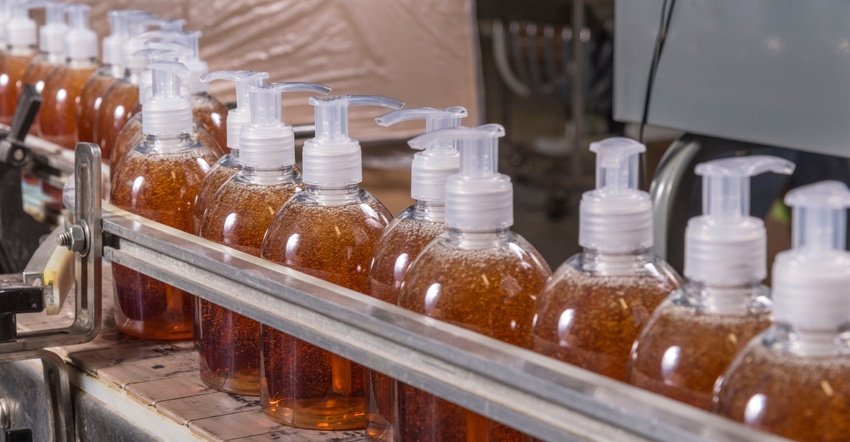Why Product Samples Are Key for Contract Packaging Success
Here are four reasons you should send a contract packager samples of your product before working with them.

Packaging professionals who are new to outsourcing often question why they must provide product samples before moving forward with the process. They understand the benefits of contract packaging but are hesitant about providing samples.
Perhaps, the company is overprotective of its product recipe or it is still considering other co-packers. To address and perhaps ease their concerns, here are a few reasons why product samples are essential for successful contract packaging projects.

1. Product samples are needed to accurately assess the cost of the project.
Before a co-packing agreement can proceed, a sample of the product allows contract packagers to identify the packaging factors required to determine the final cost of the project.
Once the sample is received, the most appropriate packaging material for the company’s brand will be determined. Other factors such as aesthetics and how well the material protects the product from external damages will also be considered. The type of material will affect the cost per product packaged and enables co-packers to calculate the total cost of the materials necessary for the project.
After the packaging material is decided, the sample is used to determine the machinery required for packaging the product in the selected materials. The packaging machinery necessary to complete the packaging of the product will influence the cost of project as well.
Depending on the amount of products the client wants packaged, the co-packer can then provide an accurate final price based on the cost per product.
2. Product samples ensure the quality of the finished product meets the company’s expectations.
Once the materials for packaging and the machinery necessary to package the products are identified, a sample of the finished product can finally be produced. This sample enables the client to check the quality of the final product.
“Product samples allow companies to review the packaged product,” explains Walter Gill, a marketing writer at Write My X and 1 Day 2 Write. “If the client finds the final product does not meet their standards or is not compatible with the aesthetics of their brand, they can request changes and adjustments before full-scale production.”
Samples can save both the co-packer and the client time and money. It enables both parties to catch any necessary changes and make adjustments before the full production of packaging the product begins.
Moreover, it gives the company greater control over the production process. Their approval of the packaged product is required before production begins. This allows the client to review the quality of the final product and ensure it satisfies their expectations.

3. Product samples allow co-packers to provide a timeline for the final product.
Product samples are required to provide an accurate timeline of production. Depending on the length of time it takes to produce the samples of the packaged product, co-packers can provide an estimate of the time required to complete the entire project. If the company needs to rush production, this could affect the total cost of the project as well.
4. Product samples can help companies decide if the co-packer is the right fit.
Although it’s the co-packer that requests the product sample, it is entirely for the company’s benefit. If they’re in discussions with several vendors, companies can decide which contract packager best suits their business needs based on the total cost, the packaged sample of the final product, and the timeline provided by the co-packer.
“Companies new to contract packaging agreements need to understand that product samples can actually make the decision easier for them,” explains Richard Millard, a journalist at Britstudent and Phdkingdom. “It benefits them more than anyone else in the process.”
In conclusion, if a company is hesitant to provide the product samples you need as a co-packer, explain the advantages it offers them. Not only does it allow the contract packager to provide them with more information, it also ensures their involvement in the production process despite their decision to outsource. Ultimately, product samples offer more advantages to the company more than the co-packer requesting it.
About the Author(s)
You May Also Like




